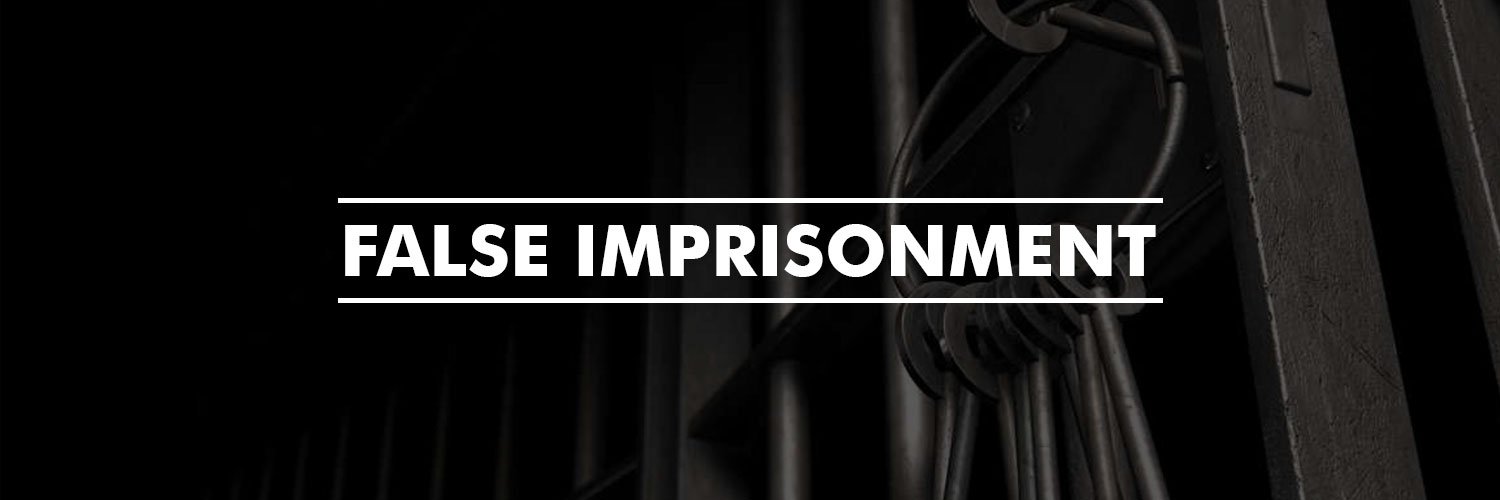General Defences
Daily life of an ordinary Indian is full of hassle and rush, in fulfilling these duties many a times torts are committed unknowingly or knowingly. To protect the defendant from full responsibility of the act there are several defences available to them as provided by law, these defences are in context with the tort committed by the defendant against the victim. Aim of these defences is to protect the defendant against unnecessary or unjust compensation.
The object of all the laws and the judiciary in force is to protect the individual and justice for all. If the defendant is not solely responsible for the losses of the other than it is against the laws of the natural justice to make him liable. To reduce his liability these defences are present.
Types of general defences are:-
- Volenti Non Fit Injuria ( Consent)
- Plantiff the Wrong Doer
- Statutory Authority
- Act of God
- Inevitable accident
- Necessity
- Private Defence
These defences can be used if the defendant is able to prove them i.e. Onus or burden of proof lies on the Defendant.
Volenti Non Fit Injuria or Defence of Consent
When the acts of plaintiff has led to the wrongdoing, or when plantiff himself is directly responsible for the harm suffered by him the this defence can be used by the defendant as pleading ground for decrease in compensation or decreasing his liability.
For example:- A goes to watch a cricket match and buys front row tickets and in the course of match he is struck by the ball and is injured, further A sues the player B for negligence and battery. It is to be held that A had knowledge of the risk and subsequently consented to it. So Defence of Volenti Non fit Injuria was awarded to the defendant
There are two essential elements to this defence:-
- Knowledge of the Risk
- Subsequent Consent to it
Knowledge of the risk infers that the person should know about the risk he is consenting for; there should be no misrepresentation in obtaining the consent for the risk; now there is a difference between knowledge of the risk and consenting for the risk. A person can have knowledge about the risk but may have not consented for it. This puzzlement can be solved further by case law.
In the case of Smith Vs Baker A employed B to work on a drill for cutting rocks. A crane was used to carry large chunk of rock from over the workers while they were working. On a regular day the crane malfunctioned and rocks were dropped while caring over the workers and Plaintiff suffered injuries due to it. Defendants pleaded the Defence Of consent as Plaintiff consented for the risk.
It was held by lord Watson that it cannot be assumed that the plaintiff consented for the risk, he may have knowledge of the risk but he never consented for it. The risk was of the employers not the employees, so defendants were held liable and compensation was awarded. So, in this case it was clearly demarked that not only knowledge of the risk but consent is also an essential to constitute Volenti Non Fit Injuria.
In the case of Hall vs Brooklyn Auto Racing club the plaintiff bought tickets to a car race and in the course of race due to an accident plaintiff was struck by an auto part and was injured. Plaintiff claimed compensation for it but was held that he had knowledge of the risk and consented for it. So defendants were held not liable.
And, in volenti non fit injuria the harm should be for what it is consented for, the harm inflicted should not be other than that consented for. This can be better understood by referring the case of Lakmi Rajan Vs Malar Hospital Ltd. Plaintiff was admitted in Malar Hospital and was referred to operation, hospital had the consent for any mishaps during operation. But uterus of plaintiff was removed without any justification. Hospital only took consent for removing lumps of breast and hence removing of uterus was unreasonable and hence held liable.
Exceptions
Rescue cases are sheer exception to the defence of Volenti non fit injuria, if a person has suffered harm in his course of rescuing other than the defendant is liable to compensate the aggrieved party.
In the Case of Haynes vs Harwood defendant left two horses on the road unattended, a street boy threw a stone on the horse and they bolted to rescue a civilian in the way police officer jumped in and recued the civilians but was himself hurt so, defendants pleaded for the defence of volenti non fir injuria but were still held liable as rescue cases are an exception to It.
Plantiff The Wrong Doer
In the scenario where plaintiff himself is the wrongdoer where he had done an illegal act himself he is in no position to ask for compensation from another. This defence arises from the Latin maxim “ex turpi causa non oritur action” which means no action arises from an immoral cause. So an unjust or unlawful act of the plaintiff is sufficient defence for the defendant. This maxim applies not only to tort law but also to contract, restitution, property and trusts. This is often referred to as illegality defence; it also extends to immoral conduct.
In the case of Bird Vs Holbrook A set a spring gun trap in his garden to protect his property. The spring gun trap injured plaintiff. He sued for damages and hence the plaintiff was innocent as he unknowingly wandered off and hence defendant was held liable.
Viz Major or Act of God
A person can be made liable only for the acts which are under his control he cannot be made liable for the acts which are supernatural or above his controlling power. Law also understand as to restrict the liability of the defendants in such cases and grants him relief.
These are the cases where there is no foreseeability of the damage and hence cannot be avoided by proper diligence. Black’s Law Dictionary defines an act of God as “An act occasioned exclusively by violence of nature without the interference of any human agency.”
But to avail the defence of act of god it is essential for the occurrence to be supernatural or to be extraordinary. In ordinary situations this defence cannot be availed.
In the case of Kallulal Vs Hemchand Due to rainfall defendant’s wall collapsed and plaintiff lost his children, defendant pleaded that it was mere act of god and there was no liability as to that of defendant. But it was held that defendant was liable as mere rainfall is ordinary occurrence and defendant was held liable.
Private Defence
Protecting one’s body and property is natural right of the people and in course of exercising his this right and protecting self and property is an act of self-defence and hence defendant can plead for private defence.
But the force used in private defence should be just hence it should not be unreasonable and unjust. Using of unjust force which was not necessary would not amount to private defence
In the Case of Creswell Vs Siri dog of plaintiff was chasing the herd of the defendant and it was in stance of attacking the herd and hence defendant shot the dog to protect his livestock. It was held that defendant was not liable and hence no compensation was awarded.
Inevitable Accident
Man is not a perfect being and hence there are some situations where by exercising even reasonable diligence and care the harm cannot be prevented, a man with ordinary prudence cannot foresee the injury and hence it is inevitable.
For the defence of inevitable accident the harm should be unforeseeable and could not be averted. If the harm was forseeable and despite that adequate efforts were not made to prevent that then defence of inevitable accident could not be awarded.
In the case of Stanley Vs Powell plaintiff and defendants both were members of a shooting party. Defendant was shooting towards the hunt and then accidently the shot struck the tree and hit the plaintiff. Hence it was held that the accident was inevitable and defendants were held not liable.
Necessity
Life is all about decisions and choices. Many times there had to be taken some decisions to prevent the greater loss. Law also recognizes such situations and hence this defence is provided. These are the situations in which a person has to commit a tort to prevent the greater evil.
But in necessity there should be utmost necessity to commit the act if there is no necessity this cannot be granted as such an act would not amount to necessity.
In the case of Cope vs Sharpe the defendant entered the land of the plaintiff which was on fire and as fire was spreading the defendant hopped in the land of plaintiff and started efforts to extinguish the fire to prevent fire from spreading to the land of defendant, plaintiff sued the defendant for trespass. And hence court of law awarded the defence of necessity as it was utmost necessity to stop that spreading fire.
Statutory Authority
Government is not above the law, but statutes formed are for the convenience and betterment of the society, and hence acts done under the statutory authority serve as an ample defence for the defendant. It is essential that the acts done should be in accordance with the statute to serve as a defence.







